Researchers have harnessed the power of math and data to understand how they can better foster collaboration at scientific conferences.
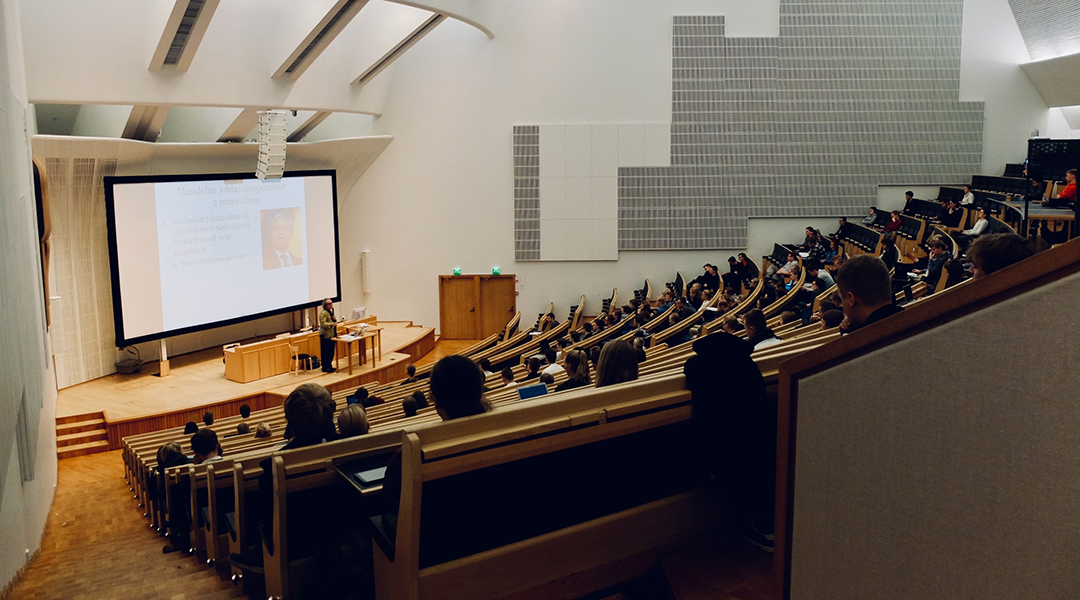


Researchers have harnessed the power of math and data to understand how they can better foster collaboration at scientific conferences.
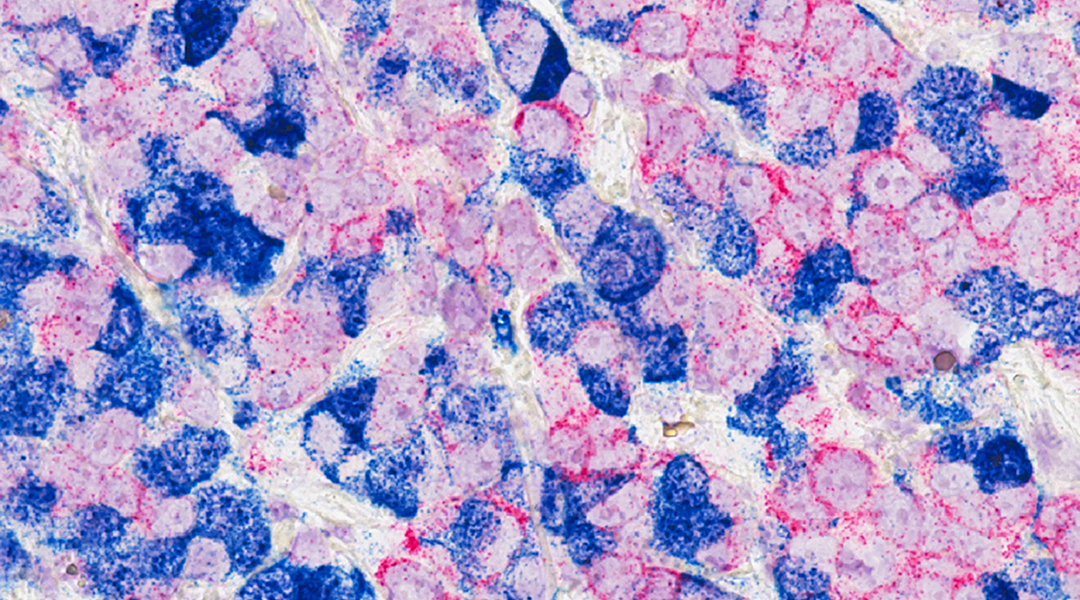
Triple-negative breast cancer has poor survival and few therapeutic options — but with a new approach, things could change.
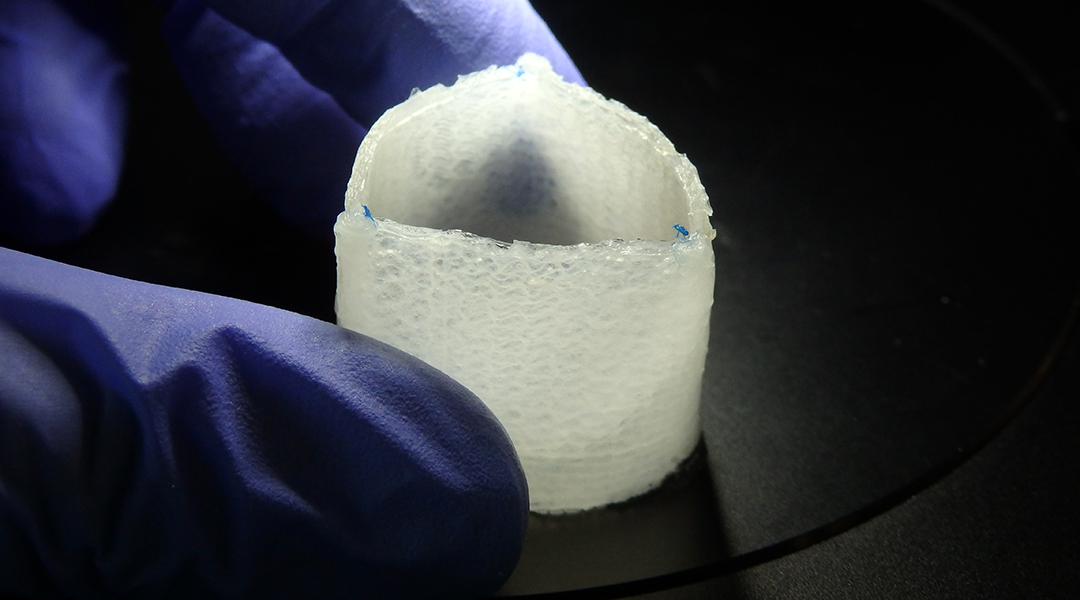
To avoid the need for repeated surgery, scientists are developing durable artificial heart valves from regenerated tissue.
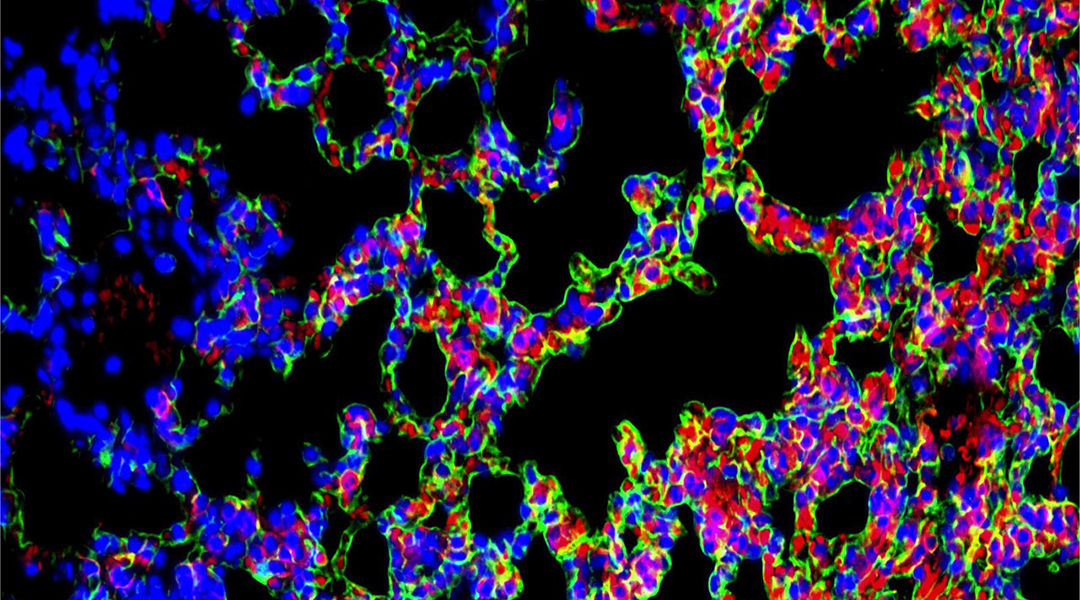
A new experimental mRNA therapy for idiopathic pulmonary fibrosis has done what no current treatment options can do.
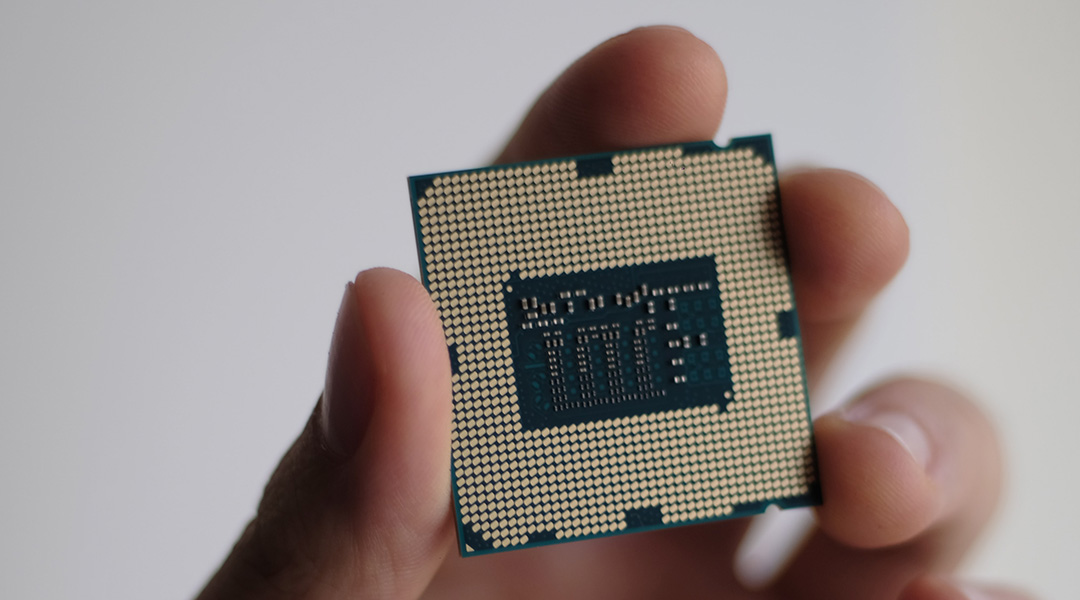
Using tiny batteries, researchers hope to power ever-smaller computers and advance the Internet of Things and ubiquitous computing.
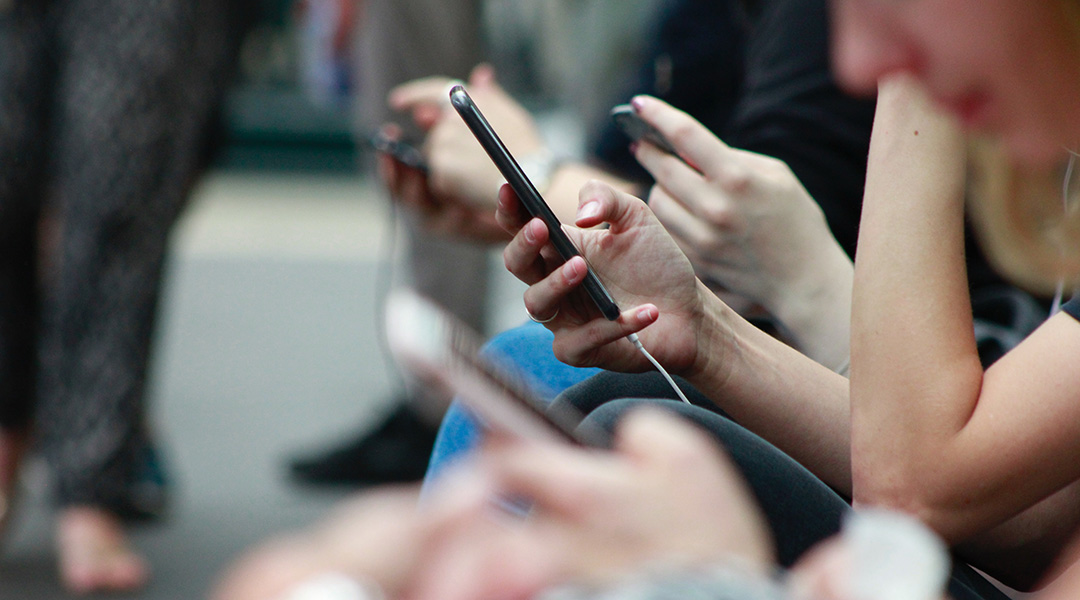
New study provides evidence that social media companies have the tools to reduce the impact of vaccine misinformation on their platforms.
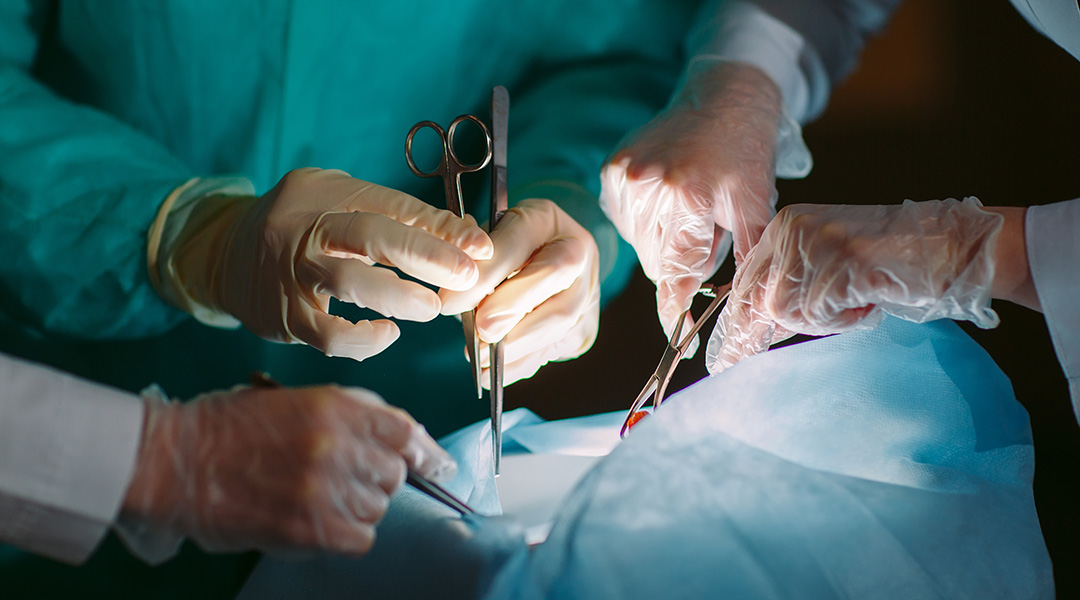
By changing the blood type in a set of donor lungs, researchers hope to one day create universal donor organs.
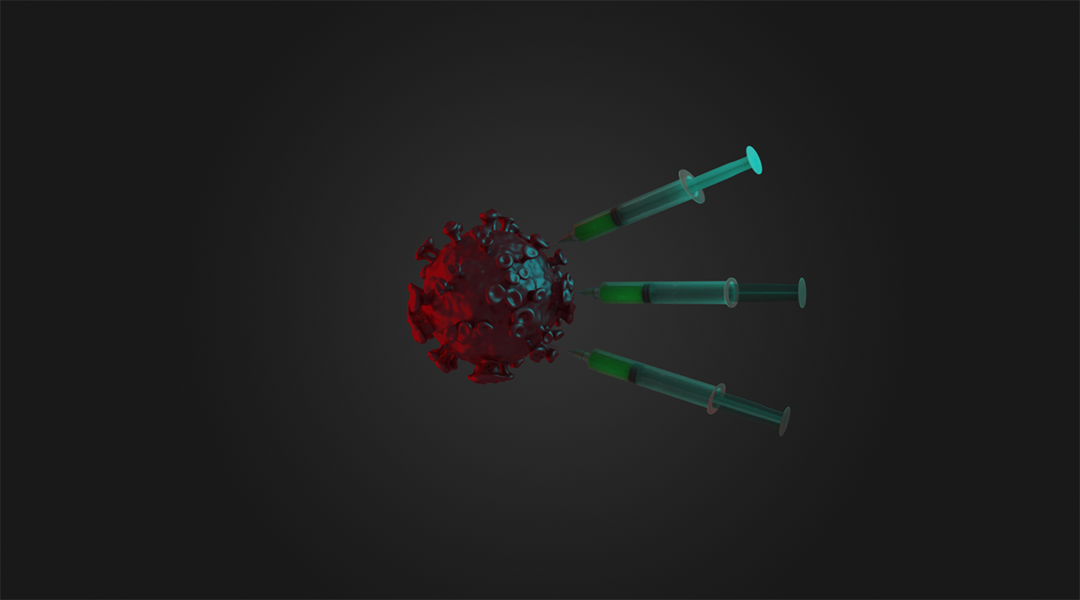
The debate around COVID-19 boosters is highly nuanced, but a new computational model could help better inform policy around such measures in an evolving pandemic.
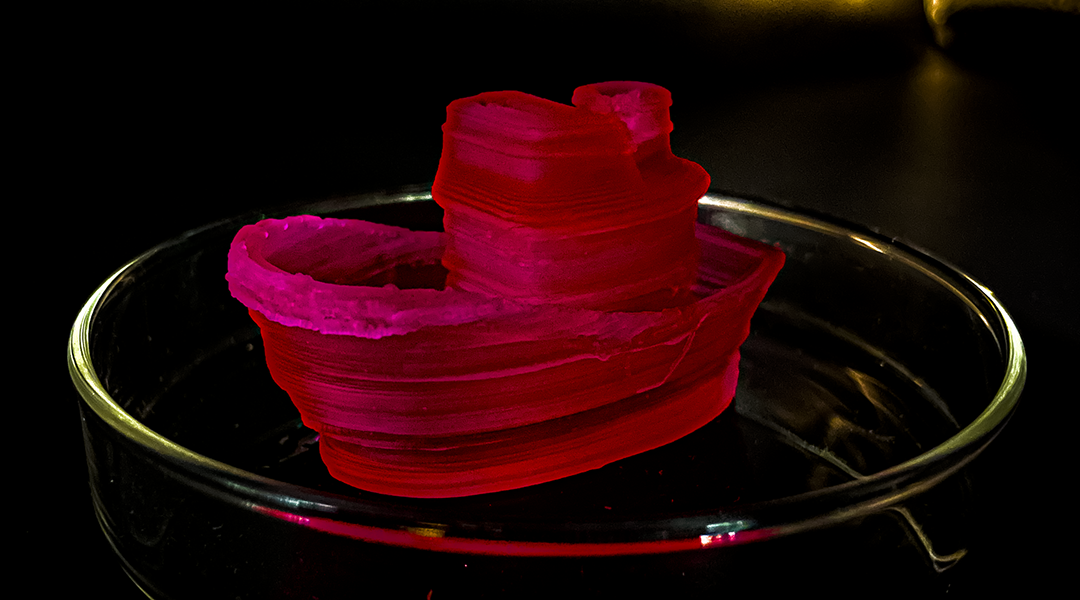
Researchers have created stiff, recyclable hydrogels that can be broken down into their base components and reshaped on demand.

Biochemist and astrobiologist Emmett Chappelle created a simple means of identifying life and opened a new world for fluorescence testing.